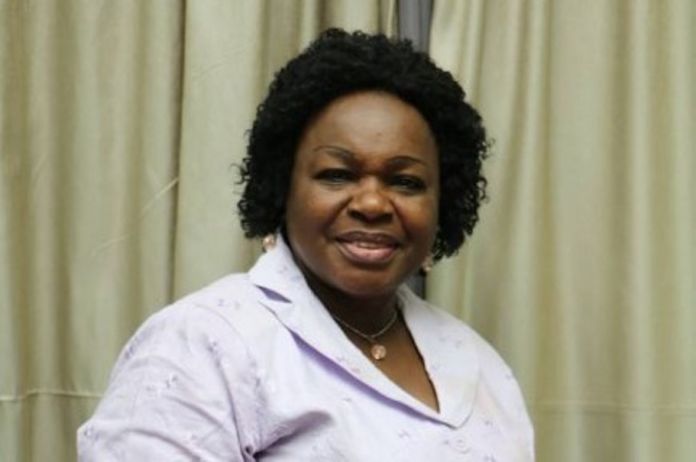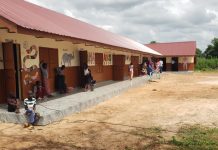By: Kebba AF Touray / Yankuba Jallow
The Ministry of Basic and Secondary Education, has strongly condemned the decision of the Catholic Education Secretariat for systematically using the deductions from the salaries of the teachers for other purposes, without their prior approval.
The condemnation made in a press release, is in light of the ongoing sit down strike involving teachers of Catholic Education Secretariat.
According to the press release, the ministry totally frowns upon such behaviour and under no circumstance can the action can be justified.
The Ministry stated in the release that it subvents over hundred institutions and all subventions are paid at the same time, but that out of all these institutions, only the Catholic Education Secretariat under the pretext of delay in payment of subvention, would use the salaries of their teachers for other purposes.
In this regard, the Ministry said, it wishes to inform the concerned teachers as well as the general public that, it will do everything possible for the affected teachers to get their claims’ as soon as possible.
“All are informed that this matter is currently being investigated and the facts surrounding the issue will be established in due course and those responsible for this mishap will face the consequences”, said the release.
As part of the measures to address the ongoing problem, the Ministry has taken a decision to suspend payment of subvention to the Catholic Education Secretariat effective, 1st April, 2020 until this issue is adequately addressed. Meanwhile, the March subvention will be processed by the Gambia Teachers Union Cooperative Credit Union (GTUCCU) and paid into the approved accounts.
“Whilst we assured the affected teachers of Ministry’s resolved to refund them adequately, we wish to appeal that they resume classes to avoid further lost in contact hours”, ends the release.
Meanwhile, Father Jarju of the Catholic Education Secretariat (CES) has told Foroyaa that they are making headway in solving the ongoing sit-down strike by teachers in their schools.
The explanation of the problem by the CES is that monies paid by the ministry directly to five new senior secondary schools have not reflected in their accounts. This is what they say they are sorting out with the government.
Banna Bass, the accountant at CES said that as of January 2018, the subventions from MoBSE for five newly established senior secondary schools were paid directly into their accounts and not to the CES.
She explained that some of the schools did not have proper documentation with their various banks which caused difficulties to get their subvention into their various accounts at the bank.
She said: “since the schools were without proper accounts and they don’t have bursas to prepare salaries, the Secretariat (CES) took it upon themselves to pay the salaries and later the senior schools will pay the money to the Secretariat.”
“Since January 2018 once our subvention is in we will carry on with the payment hoping that after a week or so they will also get their subvention and pay in our money,” she said.
Father Jarju said they have engaged the MoBSE at several meetings and they have been told that the payment has been made. He said CES has also met the Network of Teachers, but the teachers are adamant that the payments must be made.
“When the Ministry pay these schools and the schools pay us then we will pay CESCU (Catholic Education Secretariat Credit Unit) and whatever institutions that are supposed to be paid,” Reverend Jarju said, adding that “if the Ministry pay what they are supposed to pay and the schools pay what they are supposed to pay then obviously we will be able to clear out what we are supposed to pay.”
He said they are making headway in solving the problem. He said he is certain that the payment will be made, but he cannot give a date for it.
The Gambia Teachers Union told Foroyaa that there are over seven hundred teachers participating in the strike and they won’t return till the money owed to them by CES is paid into their accounts. The strikers are claiming over seven million dalasis without which they will continue with their industrial action.




















